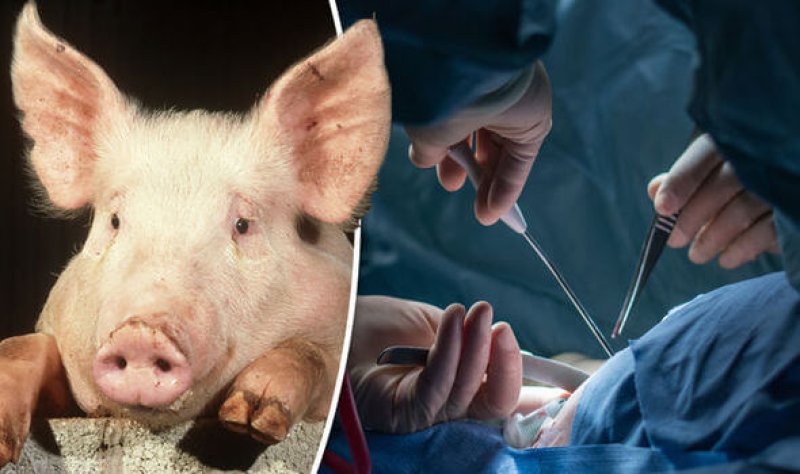[A recent] episode covered Alpha Gal Syndrome, the tick-induced allergy to beef and pork. The same immunological response could also limit a recipient’s access to xenography or xenotransplantation, that is, the introduction of pig and cow tissues and organs for human benefit.
From valves to tendons to organs, the use of non-human animal parts is becoming increasingly common, but so is the instance of immune response to them due to a response to alpha gal.
Today’s guest is Dr. John Bianchi, VP of Product Development at Revivicor. Revivicor has developed the GalSafe Pig, a genetic engineering step that eliminates the production of Alpha-Gal, making organs compatible with sensitive recipients.
While solving the key problem of xenographic transplants and tissue donation, the pork may also be consumed without incident. Again science rises to solve an important problem.
Follow the latest news and policy debates on sustainable agriculture, biomedicine, and other ‘disruptive’ innovations. Subscribe to our newsletter.































